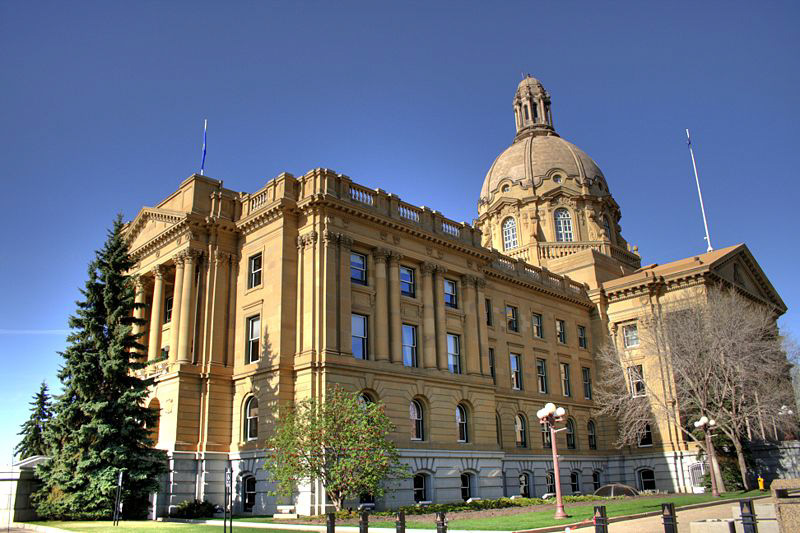
Alberta government extends tuition freeze by one year
By Scott Strasser, October 20 2016 —
The provincial government announced Oct. 19 that the tuition freeze currently in place for post-secondary institutions in Alberta will be extended through the 2017–18 academic year.
The Alberta New Democratic Party implemented the two-year tuition freeze back in September 2015. Originally set to expire next fall, the freeze meant the 26 publicly-funded universities and colleges in Alberta could not raise their tuition rates for its duration.
Minister of Advanced Education Marlin Schmidt says the one-year extension will allow the government to review the province’s current tuition and fee model. According to the NDP, the top-to-bottom review will include looking at student aid and differential tuition.
“This review will ensure a long-term solution to keep education accessible and affordable for Albertans,” Schmidt said in a prepared release. “We know that access to high-quality education and training is the cornerstone of lifelong success in a changing economy. Our students and post-secondary stakeholders are in the best position to help shape what Alberta needs for the future.”
U of C Students’ Union vice-president external Tristan Bray said the NDP’s announcement will benefit students, as it’s been over a decade since the provincial government last undertook a tuition and fee review.
“This is something that [the Council of Alberta University Students] has been advocating for — an extension of the tuition freeze with the caveat that along with that extension comes meaningful consultation,” he said. “I think that’s the really important part of the announcement, the promises of thorough stakeholder consultations that are going to occur specifically about tuition.”
According to the NDP, extending the freeze will save students in Alberta roughly $16 million in total.
“While this isn’t a permanent solution, this is going to make it easier for students to plan for next year, because they’re going to know exactly what their tuition is going to look like,” Bray said.
Outside of a freeze, tuition in Alberta is capped by the national Consumer Price Index (CPI). Universities and colleges vote on tuition increases based on inflationary increases every December.
But not everyone supports the extension. University of Alberta president David Turpin told media the freeze was “unsustainable.” Wildrose’s shadow of innovation and advanced education minister Wes Taylor called continuing the freeze a short-sighted approach, saying an inflation-tied cap on tuition would be better.
“Across Alberta we continue to see the NDP take risky and ideological approaches to issues that need strong solutions,” he said in a statement. “Given the NDP has no answers for how it will pay for policies like freezing tuition and — considering this could end up costing students more as institutions look to make up their shortfalls once the freeze is lifted — this is the absolute wrong decision for Alberta students.”
To offset potential shortfalls in revenue from the tuition freeze, the NDP supplied Alberta post-secondary institutions with $16 million in backfill funding earlier this year.
Bray said he’s not sure if the government will continue to supply revenue shortfall to universities for the rest of the freeze.
“I’ve spoken with numerous politicians [and] numerous members of the university administration. No one seems to know if the institution is going to receive backfill funding or not,” he said.
The NDP’s announcement on Oct. 19 also included a continuation of the freeze for mandatory non-instructional fees and market modifiers — tuition fee loopholes that allow universities to increase their rates by more than the CPI.
